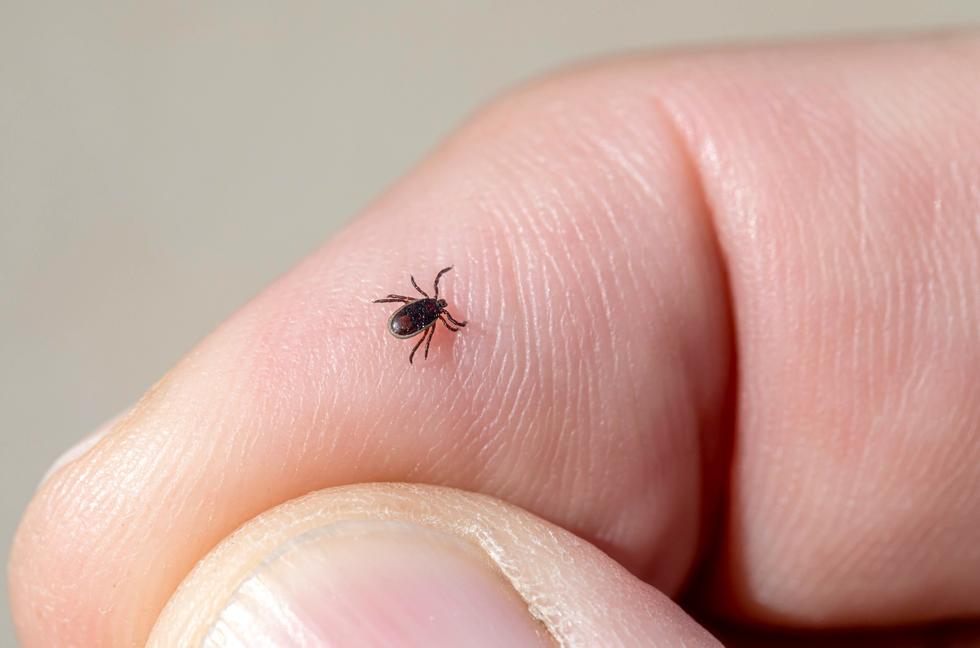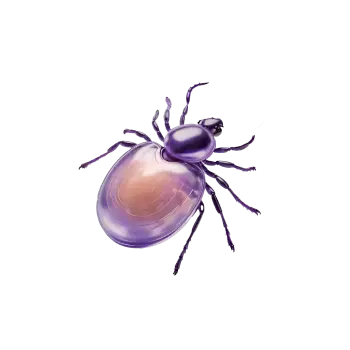Quick version
TBE is a viral disease that is spread by tick bites. Cases have doubled in ten years in Sweden, although it is uncommon to get infected. Common symptoms are similar to flu (fever, muscle aches), but some people can get a more serious second phase with high fever, headache and neurological problems such as seizures or paralysis.
About a third of those who get neurological symptoms as a result can also suffer from long-term problems such as fatigue, memory problems and difficulty concentrating.
Have you been in a risk area and are experiencing flu-like or nerve-related symptoms? Then a blood test can show whether you have TBE.
TBE cases in Sweden – statistics and trends
In 2023, 596 cases of TBE were reported in Sweden – the highest number to date. The following year, 2024, the number decreased to 384 cases, but the overall trend shows an increase and a broader geographical spread of the disease. The number of reported cases has doubled since 2014. Despite this, TBE remains a relatively uncommon disease.
Symptoms of TBE to watch for
It typically takes one to two weeks after being infected with TBE for symptoms to appear. Most people show no symptoms, but about one-third experience flu-like symptoms such as fever and muscle aches, which usually resolve within a week.
About 20–30% enter a second phase with more serious symptoms, such as:
- High fever
- Severe headache
- Nausea
- Confusion
- Neurological symptoms (seizures, paralysis)
Long-term symptoms and other complications
About one-third of those who develop neurological symptoms like seizures and paralysis may experience long-term effects such as:
- Fatigue
- Difficulty concentrating
- Memory impairment
- Coordination problems
These long-term symptoms can persist for several years and impact quality of life.
Learn more about TBE symptoms.
When should you consider testing for TBE?
If you have been in risk areas and then develop flu-like or neurological symptoms, testing is recommended. A blood test can show if you have antibodies against TBE.
How to prevent TBE infection
- Get vaccinated if spending time in risk areas
- Wear covering clothing when in nature
- Apply tick repellent
- Regularly check your body for ticks
TBE risk areas in Sweden
The risk of contracting TBE (tick-borne encephalitis) varies significantly by region. If you live or spend time in parts of eastern and southern Sweden – especially along the coasts around Lake Mälaren, the Stockholm archipelago, Södermanland, Östergötland, and some parts of Västra Götaland and near Lake Vänern – the risk is highest. In northern Sweden and many inland areas, the risk is much lower. For a detailed and updated map of high-risk TBE areas, see the Swedish Public Health Agency’s information on TBE risk areas.























